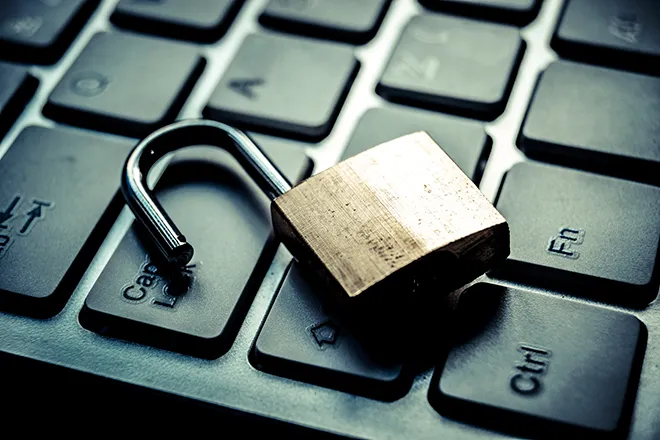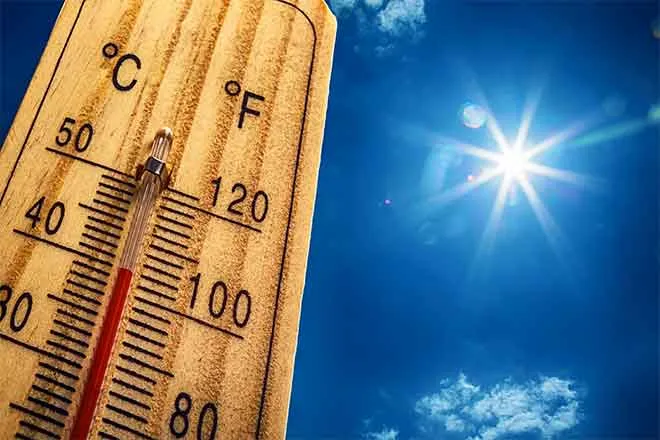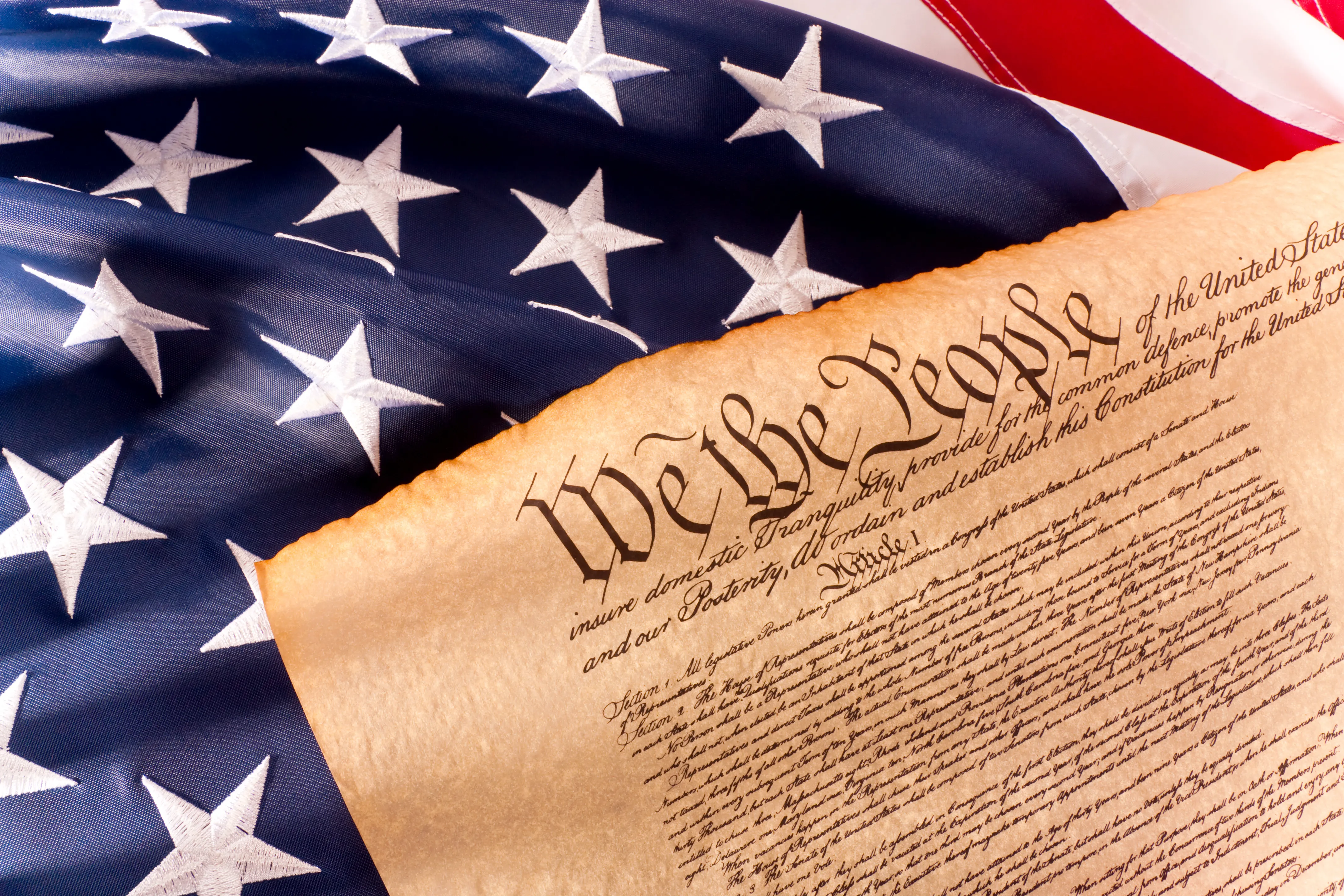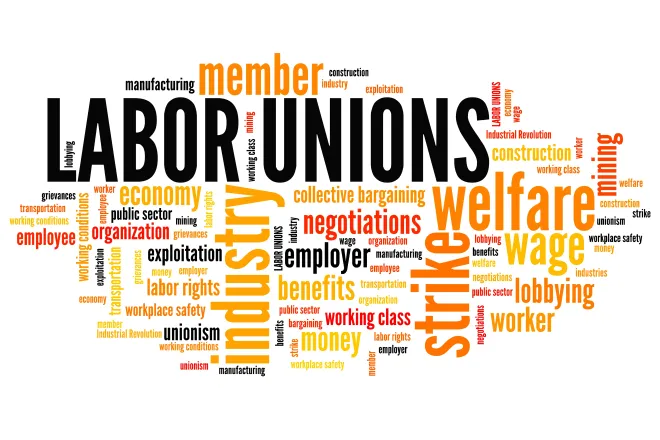
US immigration judges considering asylum for unaccompanied minors are ‘significantly influenced’ by politics
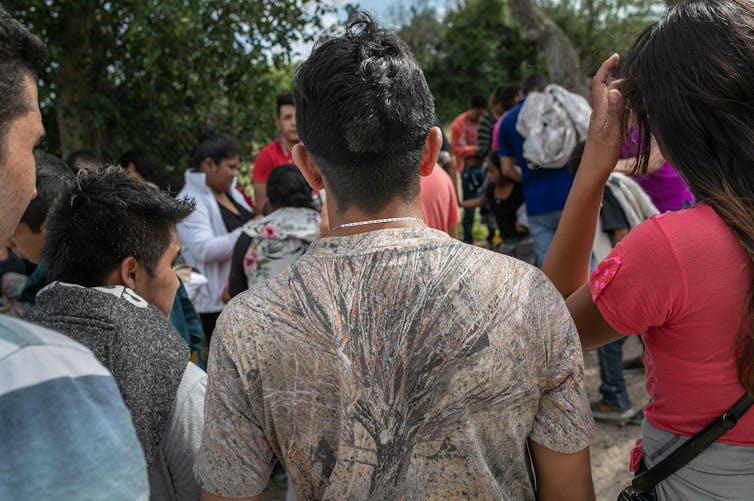
Daniel Braaten, Texas Lutheran University and Claire Nolasco Braaten, Texas A&M-San Antonio
The news over the past months has been saturated with stories about another “surge” of unaccompanied minors crossing the southern border of the U.S.
In March 2021, the number of unaccompanied minors apprehended in the U.S. reached an all-time monthly high of 18,890. This surpassed the previous monthly high of 11,681 in May 2019.
One question not addressed in many of these stories is: How many of these children actually receive asylum and are allowed to stay in the country?
The people who make those decisions are immigration judges. Their decisions are supposed to be based on whether these children have fears of being persecuted in their home countries and whether these fears are realistic.
But our research examining the period from early October 2013 until the end of September 2017 shows that these judges were influenced by factors outside of the case. Political factors such as ideology, political party of the president who appointed them and who was president at the time they decided the case significantly influenced whether these children were allowed to stay in the country.
Aside from political factors, immigration judges are also influenced by local contexts, such as unemployment levels, the number of uninsured children and size of Latino population in the places where they work.
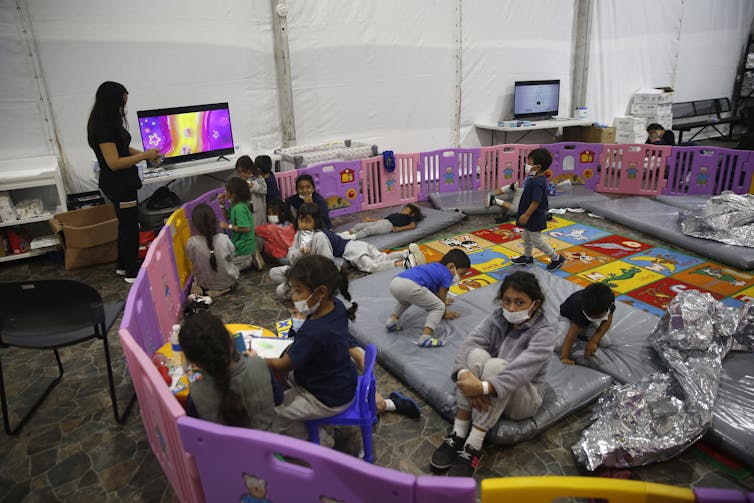
Unaccompanied minors and asylum
Under U.S. law, an unaccompanied minor is a child under 18 years old who does not have lawful immigration status and no parent or legal guardian in the country who can provide care or custody.
Unaccompanied minors cannot be refused entry or removed from the country without legal process because of the 1993 Supreme Court case Reno v. Flores. In 2008, new legislation allowed asylum officers to grant these children asylum at the U.S. border. If the asylum officer denies asylum to the minor, the minor may request asylum before an immigration judge.
Because immigration judges are not appointed under Article III of the Constitution, as federal judges are, they have less independence than those federal judges. According to current Justice Department rules, immigration judges are appointed by the attorney general and they act as his or her delegates.
Political pressure
In order to learn what factors affect the grant of relief to unaccompanied minors, we obtained data on their asylum applications from Oct. 2, 2013 to Sept. 29, 2017, covering over 10,000 cases from 280 different judges in 46 counties and 27 states.
Only 327 of the unaccompanied minors actually received asylum; 2,867 were deported and 455 chose to voluntarily leave.
An additional 6,645 children were allowed to stay in the country. Of those, 3,589 had their case administratively closed, which allows judges to suspend the case indefinitely without hearing and deciding on it. The remaining 3,056 had their case terminated, which means that the case against the child was dismissed.
We ran a statistical analysis of political factors that may influence immigration judges’ decision: judicial ideology, political party of the appointing president and whether the decision was made before or during the Trump administration.
Following previous research on immigration judge’s ideology, we determined a judge’s ideology by considering their prior work experiences. Based on this research, we determined that some experiences, such as working for immigration agencies, are associated with more conservative views on immigration and asylum issues.
Conversely, work experiences in an immigration or non-immigration-related nonprofit or academia are associated with more liberal views. Our analysis showed that immigration judges with more liberal judicial ideology were more likely to rule in favor of granting asylum to these children.
We also found that judges who were appointed by a Democratic attorney general were more likely to rule in favor of the minors.
Finally, statistical analysis showed that immigration judges were less likely to grant relief during the eight months of the Trump administration compared to the last three years of the Obama administration.
Why did politics and judges’ ideology play into their decisions?
We believe it’s because immigration judges are subject to political pressure from the president, indirectly, because they are appointed by the attorney general, who is also a presidential appointee and carries out the president’s policies and wishes.
Local environment
Pressure from the executive branch was not the only factor we concluded had influenced whether these children got to stay in the U.S. or were turned away. Aside from political and ideological values, judges may also have been influenced by their local contexts.
For example, we found that immigration judges in places with more Latinos were more likely to let these children stay. Conversely, immigration judges in states with lots of poor children were less likely to let these children stay than judges in states with relatively fewer poor kids.
Asylum decisions can be life-or-death matters. Although immigration judges consider the requirements of asylum law, they are also influenced by nonlegal factors when making decisions.
Political influence from the executive branch combined with local environmental pressures can affect how immigration judges rule. Most importantly, these influences can lead to some children not receiving asylum when they might otherwise be entitled to it.
[The Conversation’s Politics + Society editors pick need-to-know stories. Sign up for Politics Weekly.]![]()
Daniel Braaten, Associate professor of Political Science, Texas Lutheran University and Claire Nolasco Braaten, Associate Professor, Criminology, Texas A&M-San Antonio
This article is republished from The Conversation under a Creative Commons license. Read the original article.


